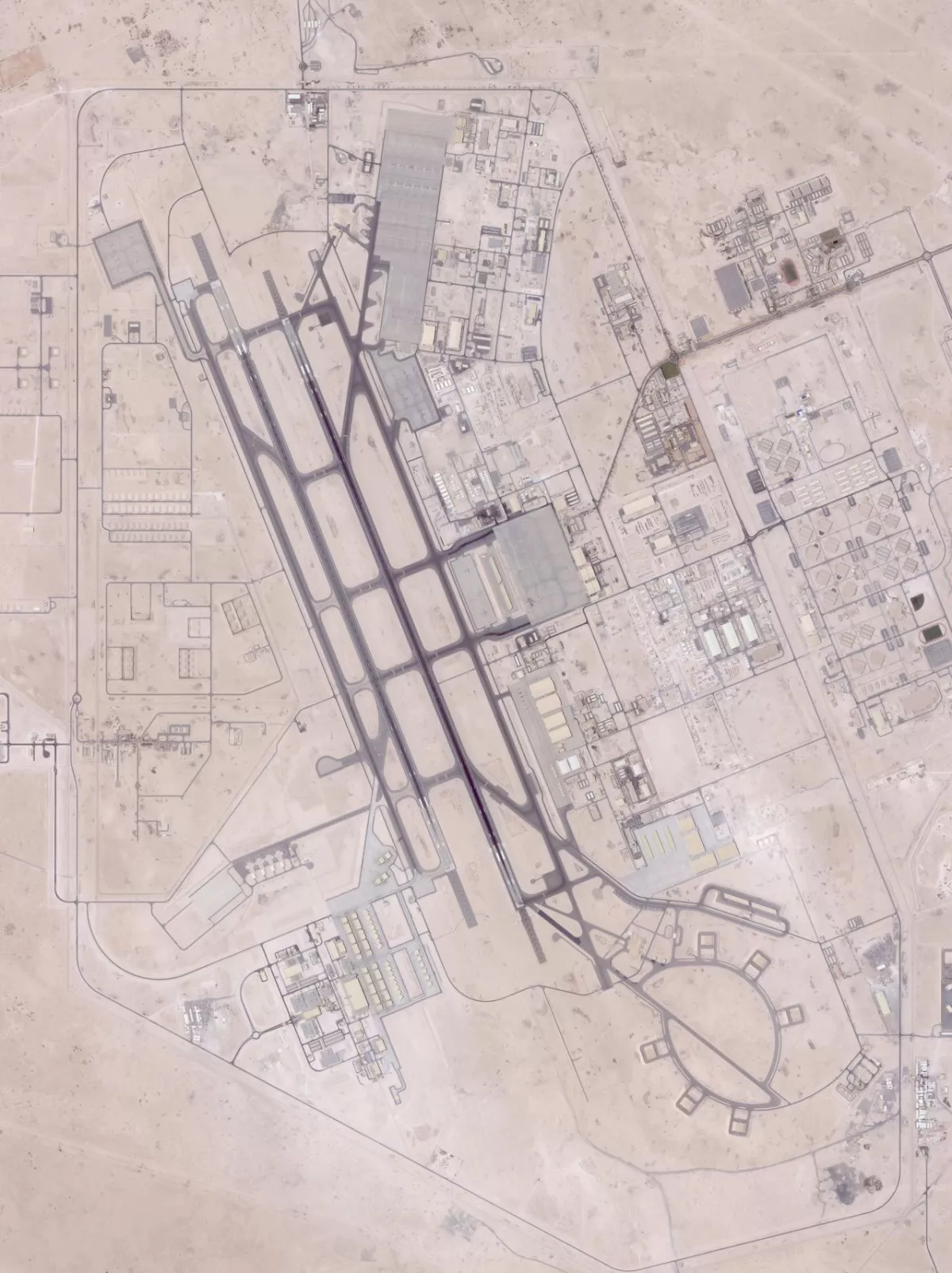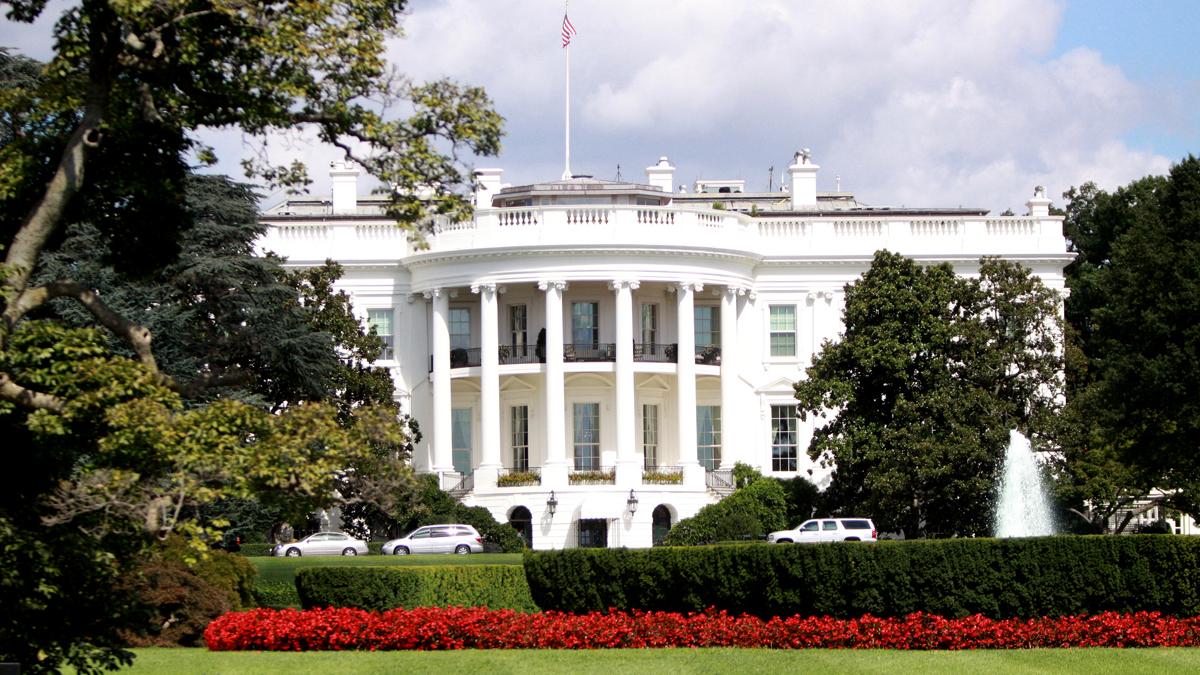Al-Udeid: Tehran strikes without provoking US retaliation Breaking coverage
The target of the Iranian missile strikes was Al-Udeid Air Base — the largest U.S. military installation in the Middle East.
Iran has confirmed that it launched a military strike on the American base in Qatar, the largest U.S. military facility in the region. In turn, Pentagon officials told The New York Times that the base sustained no damage.
Earlier, two American officials stated that Washington believed Iran might soon carry out attacks targeting U.S. forces in the Middle East. A senior White House official had previously told Reuters that the United States was aware of a potential Iranian strike on Al-Udeid Air Base. An Israeli official also said earlier that Iran was prepared to hit the base. All of the officials spoke on condition of anonymity. On the same day, the U.S. and the UK warned their citizens in Qatar to take shelter.
The base targeted by the Iranians serves as the headquarters of U.S. Central Command. It was considered the primary potential target in the event of an Iranian retaliation against American assets following recent U.S. strikes on Iranian nuclear facilities over the weekend.

It is possible that the Iranians themselves warned the U.S. about the strikes in order to avoid an escalation of the conflict. They could not leave the American attack on the nuclear facility in Fordow unanswered, especially since uranium was being enriched there to levels close to weapons-grade. Had Iran failed to respond, it would have lost face. On the other hand, it clearly did not want to inflict serious casualties on U.S. forces — doing so would have risked a wave of retaliatory strikes by the U.S. Air Force, which might have joined Israel in its attacks on Iran.
Meanwhile, the White House appears keen to avoid escalation following Iran’s missile strike, according to CNN. A senior Washington official told the network that President Donald Trump’s administration had expected Tehran to retaliate after recent U.S. strikes on Iranian nuclear sites. He added that Washington is not seeking further military involvement in the region. “We knew they’d retaliate. They had a similar response after Soleimani,” the official noted. Back in January 2020, Iranian General Qasem Soleimani, commander of the elite Islamic Revolutionary Guard Corps forces, was killed in a drone strike carried out by the United States.

This means it is entirely possible that, as in the previous instance, the U.S. will not respond to Iran’s strike—or that any response will be limited and unlikely to trigger further escalation.
The Iran–Israel front
Iran may well avoid another wave of heavy American strikes. However, Israel’s air campaign in Iran continues—and is even expanding. On June 23, Israel struck the gates of a prison for political detainees in Tehran, a clear sign that it is broadening its targets beyond military and nuclear facilities. Israel now appears to be directly targeting the pillars of Iran’s political system. The Israeli Air Force has also carried out numerous strikes on command centres and military bases across the country.
Some experts believe Israel intends to conclude its intense bombing campaign within the next week or two. Yet even if that happens, it will not eliminate the possibility of future attacks. Iran’s air defences have been nearly wiped out, meaning Israel retains the ability to launch strikes at will using both manned aircraft and drones. At present, these assets are flying freely over Iranian territory, systematically destroying military infrastructure and eliminating senior commanders.
It is possible that, moving forward, Israel intends to treat Iran the same way it has treated Syria. For years, the Israeli Air Force conducted one or two airstrikes per week on Syrian territory, systematically destroying air defence systems, depots of precision and heavy weaponry, military factories, and more. This campaign significantly weakened the Assad regime—especially its main ally, the Iranian-backed Hezbollah armed group. Ultimately, this contributed to the regime’s collapse when anti-Assad opposition forces launched a northern offensive and captured Damascus on December 8, 2024.
What about oil prices?
Despite Iran’s threats to disrupt oil shipments from the Persian Gulf, oil prices have remained stable. What does this indicate? Traders are sceptical that the Islamic Republic of Iran will take actions that could jeopardise global supply. The market currently does not believe Iran is prepared to take a desperate step in its confrontation with the U.S.–Israeli coalition—namely, launching missile strikes to close the Strait of Hormuz. Around a quarter of the world's oil trade flows through this 35-kilometre-wide channel. If Iran were to block it, the result could be a major oil shock to the global economy. However, Tehran has so far refrained from such measures—aware that doing so would trigger the full force of the U.S. military.








